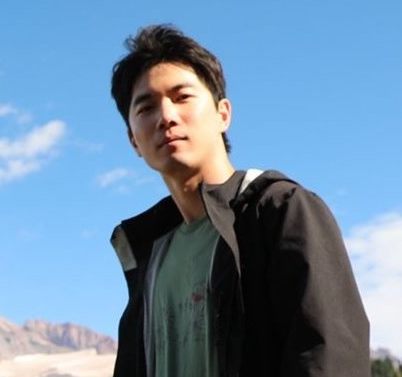
UW Com is delighted to welcome Dr. Yuan Hsiao as our newest Assistant Professor. Hsiao will offer courses in Political Communication and Communication Technology & Society. In addition to his teaching, Hsiao is a researcher, a sociologist, and an activist. After earning a Bachelor’s Degree in Sociology from National Taiwan University, Hsiao received his PhD in Sociology and Master’s Degree in Statistics from UW. His research focuses on the ways social media promotes participation in political movements.
Hsiao’s activism dates back to his involvement in social protests and the Green Party in Taiwan. When asked how his own activism has influenced his teaching about political movements, Hsiao shared, “being involved in activism makes me appreciate even more the grassroots work required to make collective action happen. Just preparing for appropriate slogans, flyers, speakers, protest agendas, and other on-the-ground work takes a lot of time, effort, and coordination.” Hsiao pointed out that there are limitations to online political organization: “There are many communication aspects that are more effective by involving large crowds online, but I think it is a stretch to say that everything can be done on the internet.”
Hsiao’s extensive sociological education influences how he perceives current events and politics. Sociological thinking tends to look at how individual problems are connected to broader social structures. Hsiao examines, for example, how individual behaviors are embedded in broader social units such as political groups, neighborhoods, and other communities. He uses mixed research methods, integrating qualitative and quantitative data, to examine his topics.
Hsiao’s dissertation “How social media affects political action: the effects of digital network structures and motivations on movement participation” examines, among other issues, the emotions and psychological incentives produced by social media, using a large Taiwanese protest as an example. He also examined how Twitter networks both facilitated and inhibited the Black Lives Matter movement. When asked about whether social media plays a good or bad role in political action, Hsiao suggested that the answer isn’t as black and white as one might think. “Social media generates new modes of connection that can apply to the organization of many types of collaborative political efforts. These efforts can be used for good purposes such as resistance against authoritarian regimes, or they can be utilized for bad purposes like coordinating hate speech raids,” he said. He added, “the good or bad depends on who’s using it and the targets that are affected.”
This Spring, Hsiao is teaching Communication Technology & Politics. The course focuses on more recent developments in interactive media and how they intersect with a wide range of political phenomena. Students are exploring cutting-edge topics and research in the field. “Learning how to critically analyze social phenomena would be something that students can utilize beyond this course,” Hsiao said, “I am very excited to join the department and explore the frontiers of political communication with the community.” We are excited to have Dr. Hsiao with us in the Department of Communication and we look forward to learning more from him in the future.
